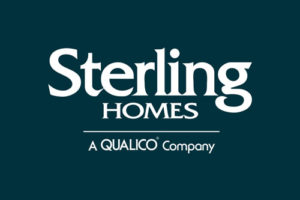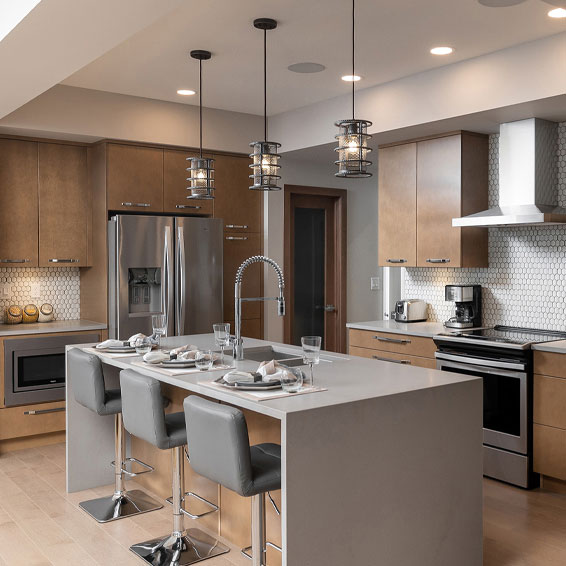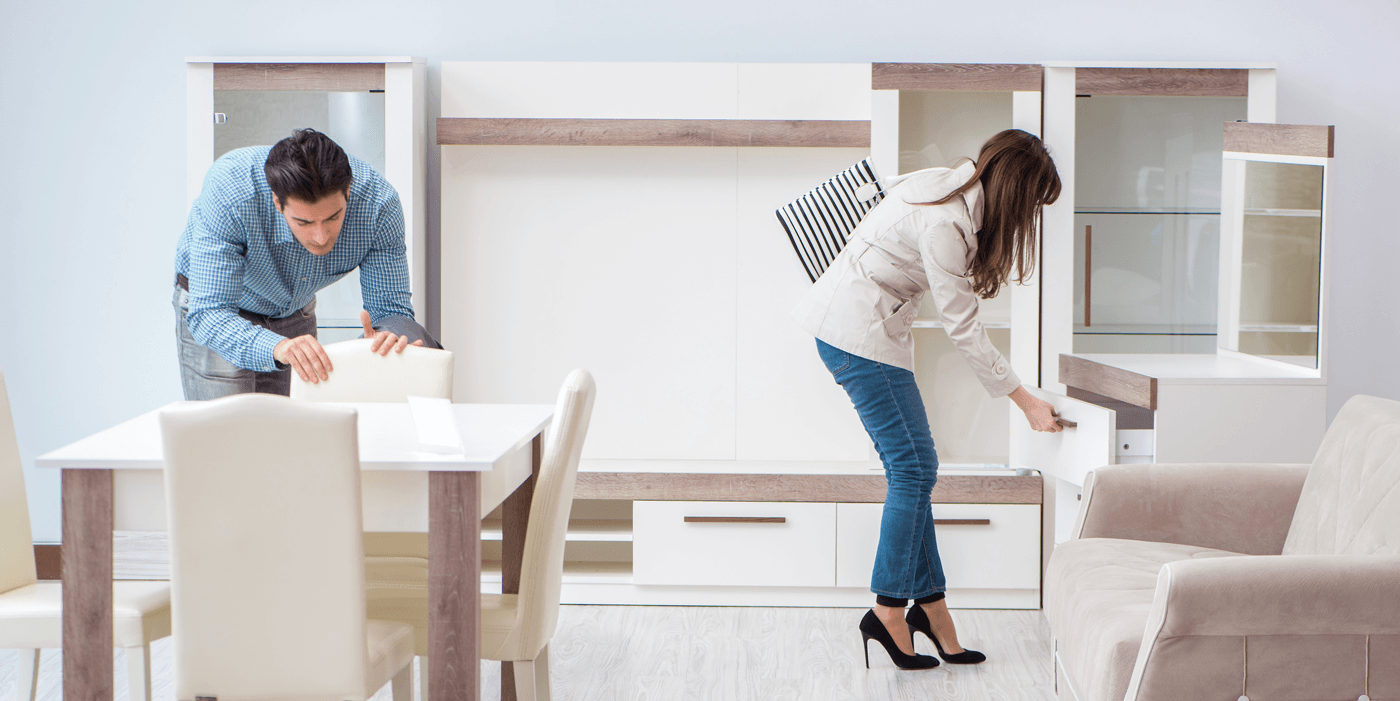
When you buy a home, you know the cost of the house upfront. The bank also tells you what your monthly payment will be. However, there are many other expenses associated with owning a home. It’s important to budget for these costs because the little extras can quickly make your monthly mortgage payment unaffordable.
While you may have to do a little research to determine exactly what you can expect to pay, here’s a list of the most common homeownership costs:
Your Monthly Mortgage Payment
You already know that you’ll be making monthly payments towards your mortgage, but you may not have realized this monthly payment usually includes a portion of your annual property taxes and homeowners’ insurance premium.
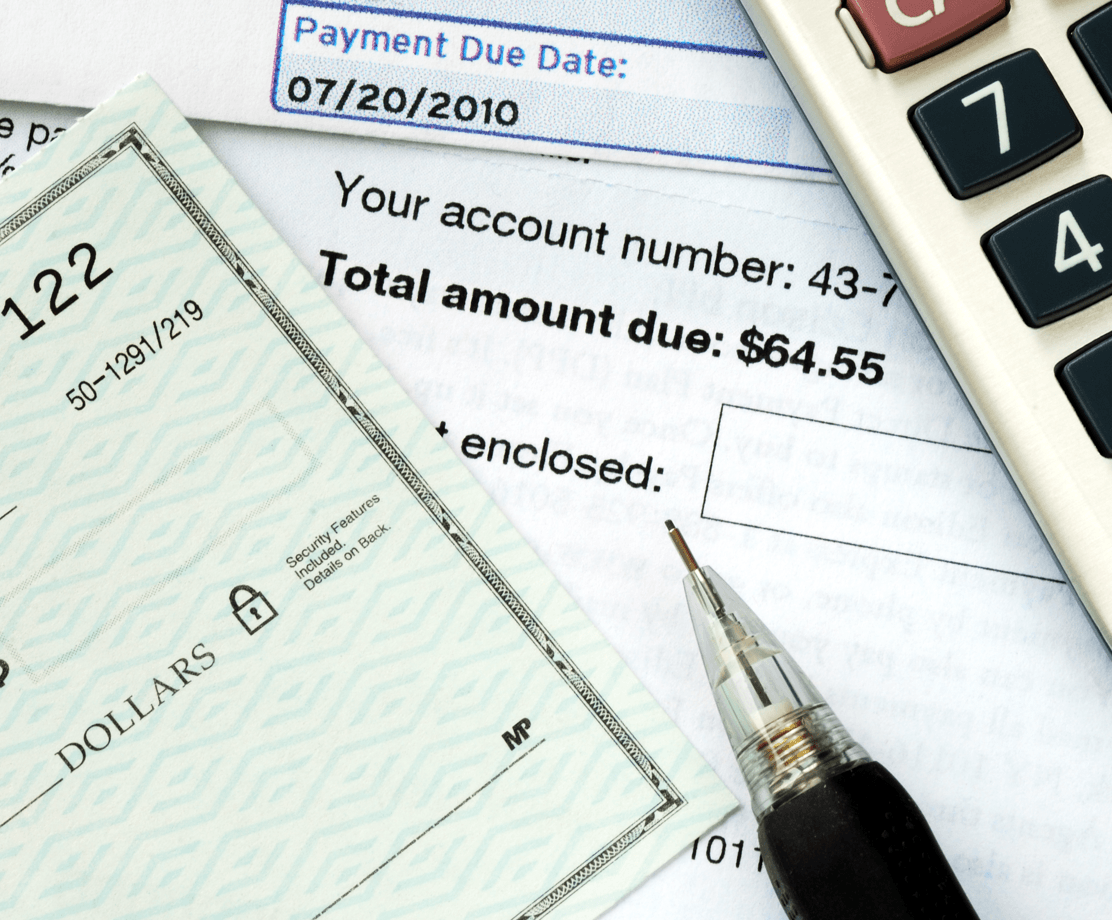 These costs may fluctuate on an annual basis, so your fixed-rate mortgage can change from year to year. Luckily, the changes to your monthly payment are usually minimal. Know the type of loan you’re getting and what that means for your monthly payments.
These costs may fluctuate on an annual basis, so your fixed-rate mortgage can change from year to year. Luckily, the changes to your monthly payment are usually minimal. Know the type of loan you’re getting and what that means for your monthly payments.
Utilities
You have to pay the gas and electric fees in your own home. Most people have been paying these fees for years, so they’re not unexpected, but some first-time homeowners are surprised by the jump in utility costs. If you’ve been living in an 800 square foot condo, your costs were probably relatively low.
Moving into an 1,800 square foot home with a basement can noticeably increase your utility costs. The utility company can probably give you an idea of how much the monthly payment will be. Fortunately, those moving into brand-new homes see lower utility costs because the homes are more energy-efficient.
Cable and Internet
You’ve been making these payments for years, and most companies will allow you to transfer your services to the new address. You’ll usually even get to keep your rates.
If you’re moving into a bigger home, though, you may have different needs.
Adding a second cable box in the master suite, for instance, will cost a bit more. You may also want to pick up a wireless booster or extender so that your Wi-Fi covers the entire house.
Cleaning and Landscaping
When you first move into your new home, you’ll likely have to buy a few cleaning supplies. A new vacuum or different type of mop might be necessary depending on the type of flooring you have in your home. You may now need a lawnmower, gardening tools, a shovel, and a snowblower. These are mostly one-time costs, but they add up.
Most homeowners also have annual costs associated with cleaning and exterior maintenance. For instance, you may want to rent a carpet cleaner or purchase some fertilizer for the lawn.
Many people also decide to hire professional cleaners and landscapers to take care of these tasks. Larger homes can increase the cost, so factor this into your estimates.
Maintenance
Most of your appliances will require proper maintenance, especially if you want to keep the warranty valid. Read through your paperwork to see what each appliance needs.
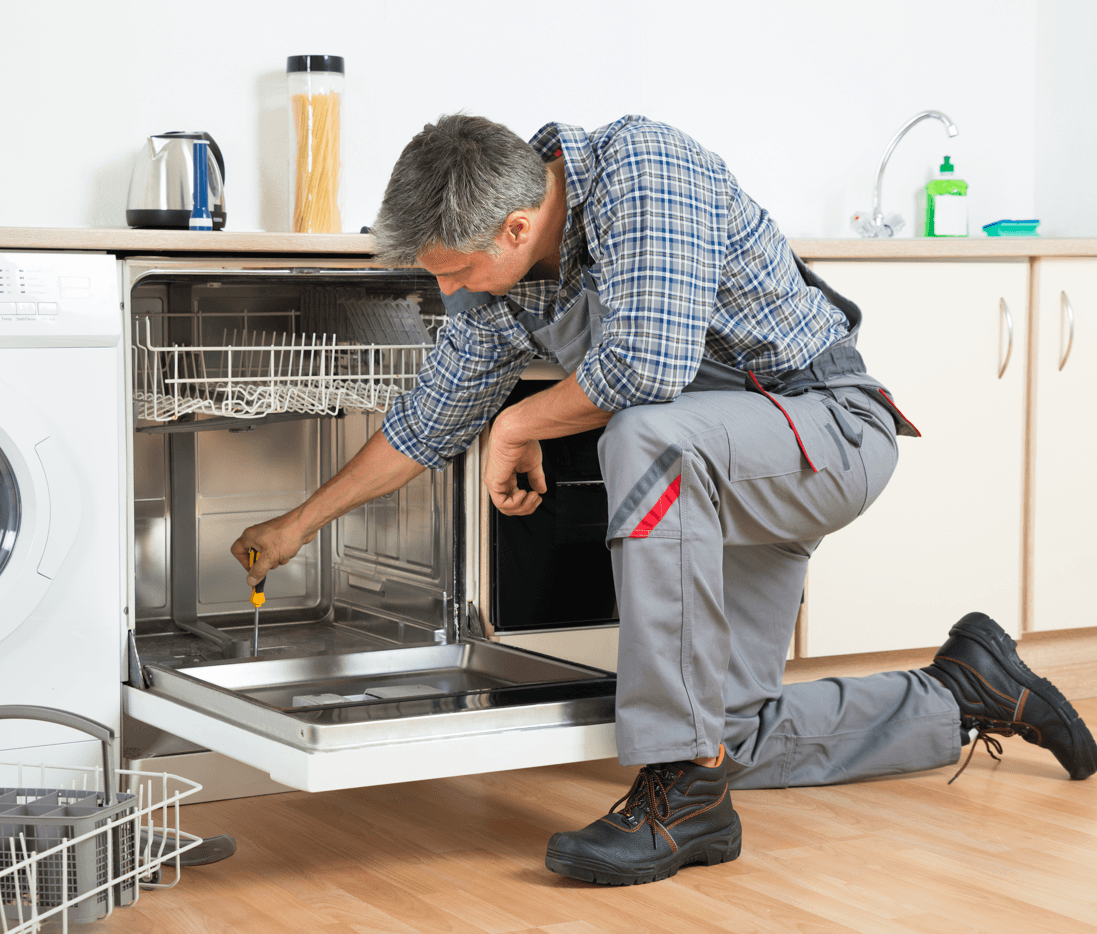 Additionally, as the seasons change, your tasks will as well – be prepared to tackle winter, summer, fall, and spring maintenance tasks to keep your home in good shape for years to come.
Additionally, as the seasons change, your tasks will as well – be prepared to tackle winter, summer, fall, and spring maintenance tasks to keep your home in good shape for years to come.
Repairs
In a rental, you can always rely on the maintenance team to fix anything that goes wrong, but you’re on the hook for these things when you own the home. Those who buy brand-new homes are able to avoid many of the common repairs because the appliances and materials are new and covered under warranties. Make sure to talk to the manufacturer or builder about their specific coverage as they can vary.
However, you’ll have to cover repairs from damages that you caused. For instance, if your child clogs the toilet after flushing a toy to see what would happen, you’ll pay the plumber’s bill.
Major Replacements
Everything in the home has a limited lifespan, and you have to pay the costs of replacement. Roofs tend to last 20 to 30 years; a furnace usually lasts 15 years; the dishwasher might only last nine years for example.
In a brand-new home, you shouldn’t have to replace anything in the first few years, but those buying resale homes may have to make major replacements a few months after moving in.
This guide from Consumer Reports will give you an idea of when you might have to replace things.
Other Extras
As a homeowner, you often want things to be just right. Sometimes, this means spending a bit of money – new furniture that fits the room better, a fire pit for chilly fall nights, or a pool table for the basement. You can control these expenses, but they’re tempting.
A smart homeowner knows how to manage his or her expenses. When you plan for these things and budget for emergencies, you’ll feel more secure and happy in your new home.
Remember, there are also costs you need to consider when selling your home, so ensure you’re prepared for the entire process – start to finish. You’ll experience a much smoother transition.
